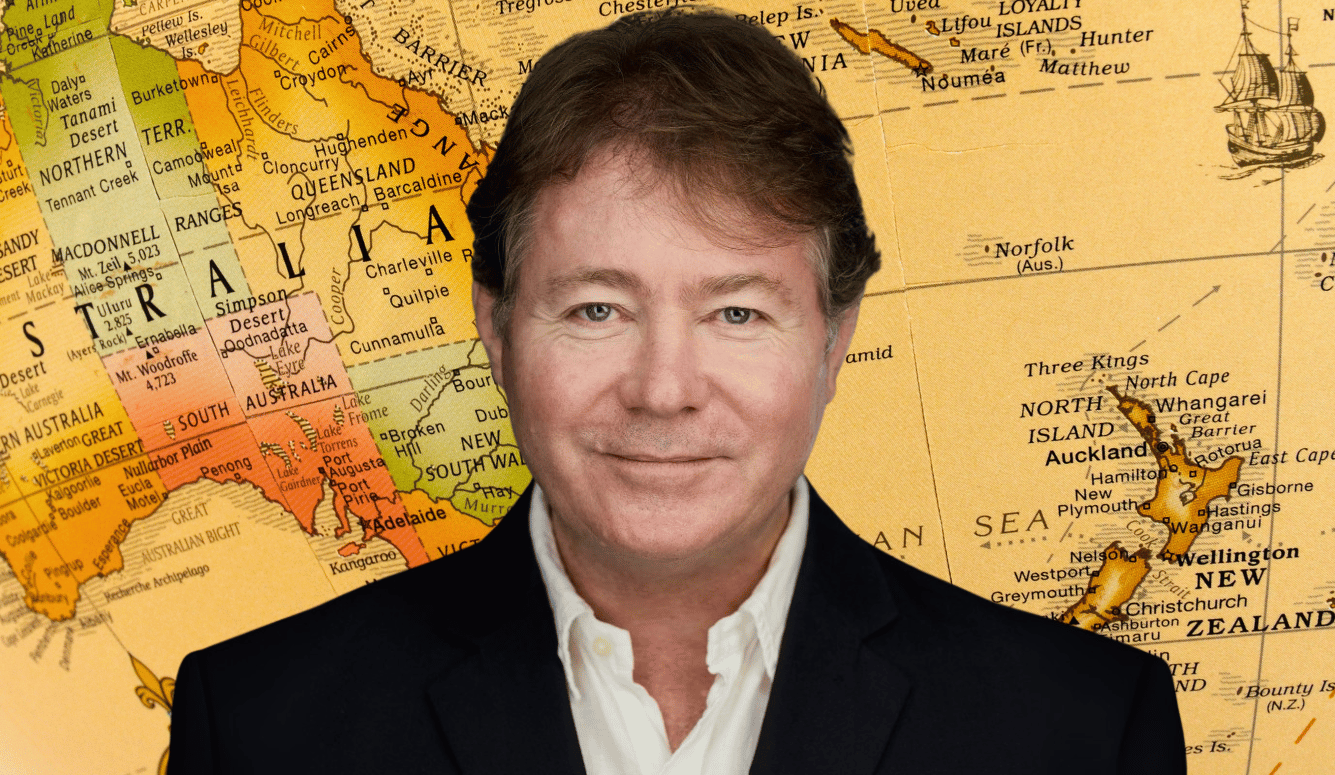
I first saw Van Morrison in concert a few years ago on a graceful lull of a summer evening in Limerick, Ireland. Watching the singer-songwriter make out with his beloved gold saxophone as an eight-piece band backed him in the courtyard of the King John’s Castle was a revelation of sorts. A mere slip of a lad of 76 at the time, Morrison was unfashionably decked out in a raffish hat, reflecting shades, and an ill-fitting blue suit. That night, he had not only attracted the nostalgia vote of the older “Vanatics”; the audience was also full of young people who were not born when his best-known releases first saw the light of day. In 2025, the same is probably true of the critics who showered his latest album, Remembering Now, with boisterous acclaim.
The fact is, Van Morrison never went away. As well as a formidable body of work recorded before the early 1980s—including one record with a reasonable claim to be among the greatest of all rock moments—his durable reputation endures on at least three other fronts: the genre-busting strength of his live shows, the controversy he has occasionally courted outside of his music, and his prominent position in the canon of Irish songwriting. Still, it must be daunting to discover Morrison now. Where does one begin in a back-catalogue of 45 studio albums, nearly 400 songs, and God knows how many existential swerves? The grumpy romantic’s eightieth birthday this month merits a career recap.
George Ivan Morrison was born on 31 August 1945, dropped out of high school at the age of fifteen, and then quit his first day-job cleaning windows to pursue a career in music. As a songwriter and musician, Morrison wasn’t so much ahead of his time as behind it. Lyrically, he was steeped in the older byways of his native Belfast; musically, he belonged in the even older folkways of the American recordings to which his parents introduced him and from which he liberally borrowed from the get-go. He knew all the stations along the line.





